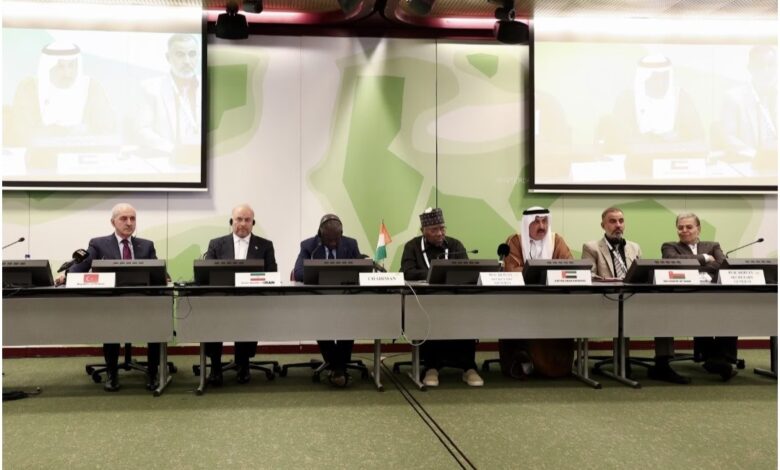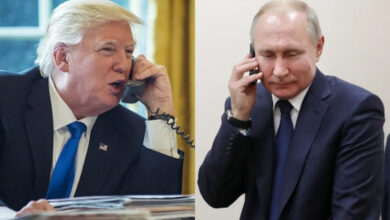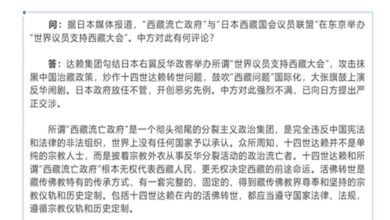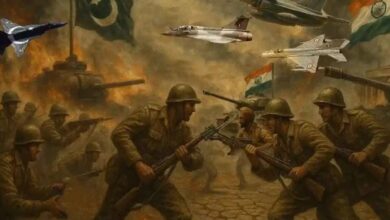Where, then, is the Islamic unity?

The notion of “Islamic Unity” feels outdated in the context of the 21st century. We no longer live in, nor should we aspire to return to, the 7th-century Arabian Peninsula. Modernization means having contemporary institutions, a modern rule of law, and the active participation of women in education and the workforce. Countries like China and the United States have undergone modernization from different cultural perspectives, showing that progress is not confined to a single model. The organizations you reference are modern political and economic entities, not relics of the past.
The idea of Islamic Unity is not only outdated but also potentially dangerous. Consider what happened in Pakistan with Jamaat-i Islami, Mawdudi’s party, which promoted Pan-Islamism. In the 1980s, Saudi Arabia, the USA, Egypt, and others supported and financed these groups to counter the Soviet Union, training radical Islamists and sending them to Afghanistan as part of a “green belt project” to encircle the Soviets with an Islamic alliance. Pakistan’s ISI played a significant role in this, but the consequences were devastating for Afghanistan, Pakistan, Bangladesh, India, and Central Asia. Afghanistan, for example, was thrust into chaos and regressed under the Taliban by 1996, with some support from neo-conservatives in Washington, D.C. Today, this idea finds little support in Washington, Beijing, or Moscow, as all have paid a price for using Pan-Islamist jihadists against one another. The events of September 11 are a grim parallel to Dr. Frankenstein and his monster: a creation that ultimately turned on its maker.
Meanwhile, many people in Muslim-majority countries outside the Middle East, such as Indonesia, Malaysia, Pakistan, India, Sri Lanka, and Thailand, often rally against Israel or other perceived imperialist powers in a show of solidarity for the global Islamic Ummah. However, they overlook the fact that their own socioeconomic and political challenges are not caused by Israel or the West but by internal issues that must be addressed through modernization.
Turkey’s President Erdoğan, who often employs the rhetoric of Pan-Islamism and the global Islamic Ummah, is a case in point. He criticizes Israel, the West, and even China when abroad, promoting slogans like “the world is bigger than five.” Yet, his family engages in trade with Israeli companies, and his children have been educated in the United States. The current head of Turkey’s Directorate of Religious Affairs has a son who represents two Israeli companies. Where, then, is the Islamic unity? We need to focus on the realities of the 21st century, not on outdated concepts.





